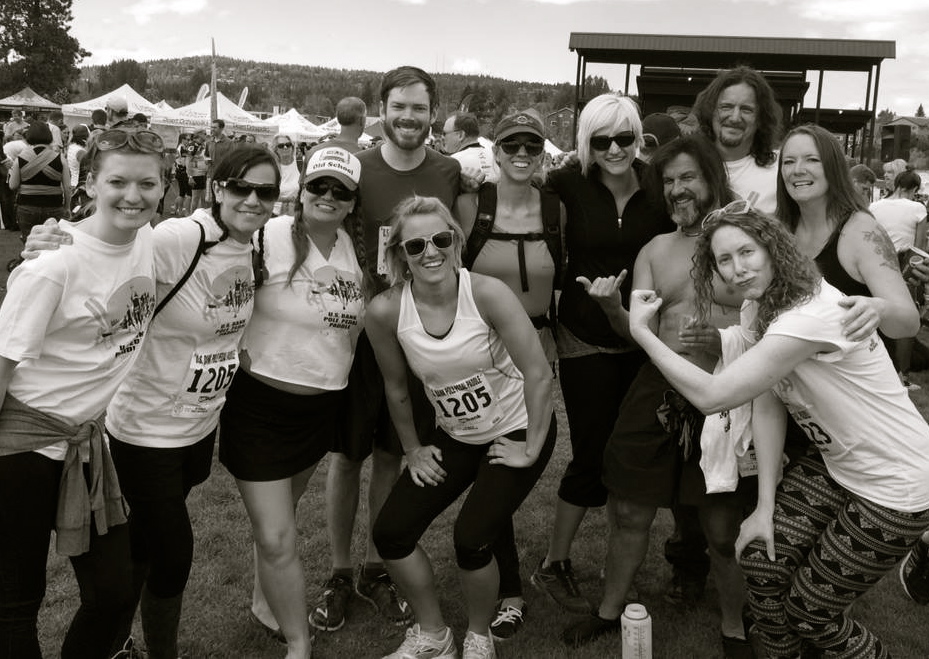Trouble Cafe is a Haven for Recovery
/As National Recovery Month comes to a close we bring you a story about $4 toast. Nuzzled in the foggy depths of San Francisco’s Outer Sunset neighborhood lies Trouble, a tiny little coffee shop known for its quirky menu of limited length and not a lot of flexibility. Two of Trouble’s most famous items–coconut water straight from a coconut and a slice of $4 cinnamon toast–might be easy to write off as an artisan food craze out to get our money, but look behind the price tag and one will find an epic story of the owner, Giulletta Carrelli, using these items to find (and own) her path to recovery after many years of living with undiagnosed schizoaffective disorder.
“At bottom, Carrelli says, Trouble is a tool for keeping her alive. ‘I’m trying to stay connected to the self,’ she says. Like one of her old notebooks, the shop has become an externalized set of reference points, an index of Carrelli’s identity. It is her greatest source of dependable routine and her most powerful means of expanding her network of friends and acquaintances, which extends now to the shop’s entire clientele.”
If you have any stories of recovery you want to share with us, please email Lindsay Harte at lharte@telecarecorp.com.



















